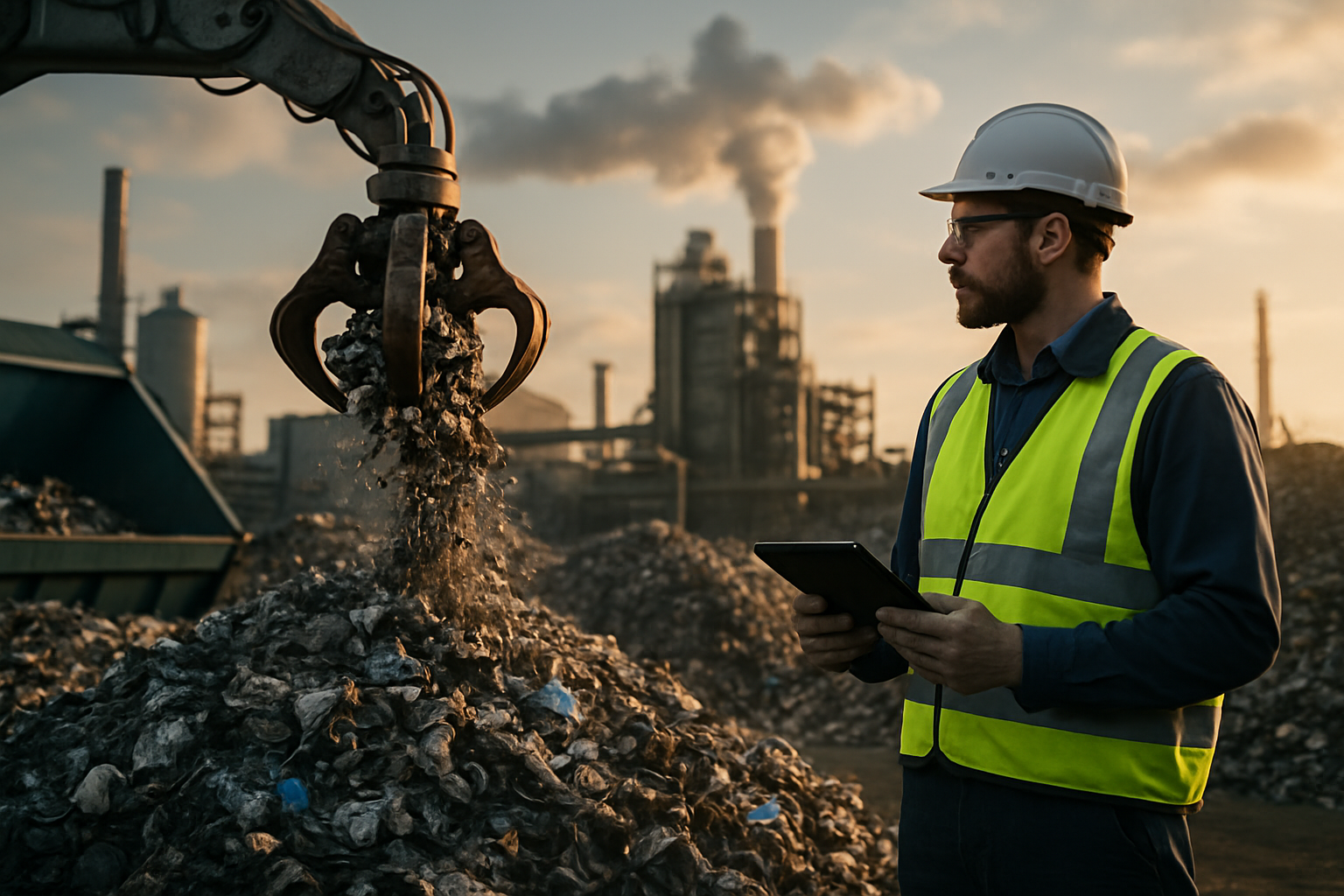The Growing World of Professional Cleaning
Many individuals are discovering rewarding careers in the professional cleaning industry, which offers diverse opportunities, competitive compensation, and flexible schedules. The sector continues to expand, with significant growth projected across various cleaning specialties, making it an attractive career choice for those seeking stable employment.

What types of professional cleaning jobs are available?
The cleaning industry encompasses a wide range of roles and specialisations. Some of the most common types of professional cleaning jobs include:
-
Office cleaning: This involves maintaining cleanliness in corporate environments, often outside of regular business hours.
-
Residential cleaning: Focused on keeping homes tidy and sanitary, this can include regular housekeeping or specialised deep-cleaning services.
-
Industrial cleaning: Requiring specialised skills and equipment, industrial cleaners work in factories, warehouses, and other large-scale facilities.
-
Healthcare facility cleaning: A critical role that demands strict adherence to hygiene protocols in hospitals, clinics, and care homes.
-
Educational institution cleaning: Maintaining cleanliness in schools, universities, and other learning environments.
-
Hospitality cleaning: Ensuring guest satisfaction through impeccable cleanliness in hotels, resorts, and restaurants.
What skills are needed for a career in professional cleaning?
While specific requirements may vary depending on the role and employer, some key skills and qualities that are valuable in the cleaning industry include:
-
Attention to detail: The ability to thoroughly clean and maintain spaces is crucial.
-
Physical stamina: Many cleaning jobs involve standing, bending, and lifting for extended periods.
-
Time management: Efficiently completing tasks within allotted timeframes is essential, especially in commercial settings.
-
Reliability: Consistency and dependability are highly valued in this industry.
-
Communication skills: Interacting professionally with clients, colleagues, and supervisors is important.
-
Adaptability: Being able to handle different cleaning scenarios and adjust to varying work environments is beneficial.
-
Knowledge of cleaning products and equipment: Familiarity with various cleaning solutions, tools, and machinery is often required.
How can one find cleaning jobs in their local area?
There are several ways to find cleaning jobs locally:
-
Online job boards: Websites like Indeed, Reed, and Totaljobs often list cleaning positions.
-
Company websites: Many cleaning service providers advertise job openings on their own websites.
-
Local classifieds: Newspapers and community bulletin boards may feature cleaning job advertisements.
-
Networking: Word-of-mouth referrals can be valuable in the cleaning industry.
-
Recruitment agencies: Some agencies specialise in placing cleaning professionals.
-
Social media: Many companies use platforms like LinkedIn and Facebook to advertise job openings.
What are the career advancement opportunities in professional cleaning?
The cleaning industry offers various paths for career growth and advancement:
-
Supervisory roles: Experienced cleaners can progress to team leader or supervisor positions.
-
Specialisation: Developing expertise in areas like carpet cleaning or hazardous material handling can lead to higher-paying roles.
-
Management positions: With experience and additional training, cleaners can move into operations or facility management roles.
-
Entrepreneurship: Many professionals in the cleaning industry eventually start their own cleaning businesses.
-
Training and development: Some cleaners transition into roles focused on training new staff or developing cleaning protocols.
How does the cleaning industry contribute to environmental sustainability?
The professional cleaning industry is increasingly focusing on environmentally friendly practices:
-
Green cleaning products: Many companies are switching to eco-friendly, biodegradable cleaning solutions.
-
Water conservation: Advanced cleaning technologies and methods are being employed to reduce water usage.
-
Energy-efficient equipment: The use of energy-saving cleaning machines is becoming more widespread.
-
Waste reduction: Implementing recycling programs and using reusable cleaning materials helps minimise waste.
-
Sustainable certifications: Many cleaning companies are pursuing green certifications to demonstrate their commitment to environmental responsibility.
What is the outlook for the professional cleaning industry?
The professional cleaning industry is projected to continue growing in the coming years. Factors contributing to this growth include:
-
Increased focus on hygiene and sanitation, particularly in the wake of global health concerns.
-
Expansion of commercial and residential spaces requiring regular cleaning services.
-
Growing awareness of the importance of clean work environments for employee health and productivity.
-
Advancements in cleaning technology, creating new specialisations and job opportunities.
-
Rising demand for specialised cleaning services in sectors like healthcare and industrial facilities.
As the industry evolves, it’s likely to offer even more diverse and rewarding career opportunities for those interested in professional cleaning.
In conclusion, the professional cleaning industry presents a range of career options with potential for growth and advancement. From entry-level positions to specialised roles and management opportunities, the sector continues to expand, offering stable employment prospects for individuals with varying skills and interests.




